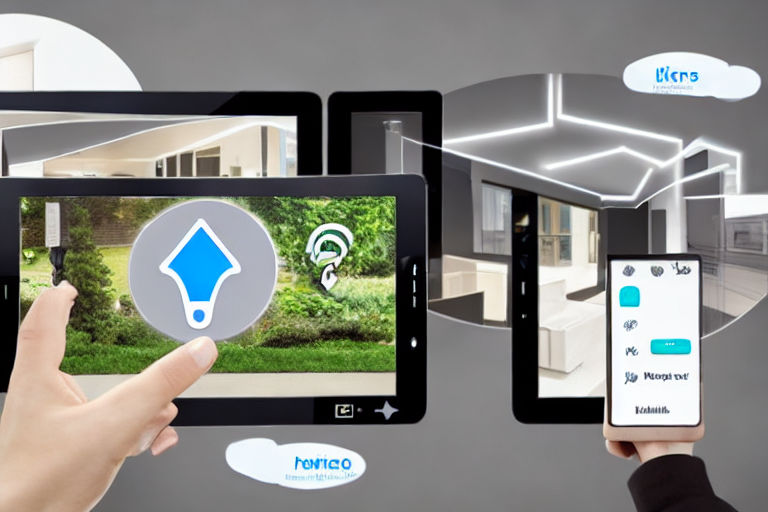Breaking Down the Cost Savings of Smart Home Upgrades over Time
As technology advances, more and more homeowners are investing in smart home upgrades. Smart homes offer numerous benefits, from increased security to energy efficiency, and they can ultimately save homeowners a lot of money over time.
The Upfront Costs
It’s important to note that there are upfront costs associated with installing smart home upgrades. For example, purchasing and installing a smart thermostat can cost several hundred dollars. Smart locks and security systems can also be expensive. However, these costs are often offset by long-term savings.
Energy Efficiency
One of the biggest ways that homeowners can save money with smart home upgrades is through increased energy efficiency. Smart thermostats and smart lighting can be programmed to automatically turn off when you’re not home or when you’re sleeping, cutting down on unnecessary energy usage. Over time, these energy savings can add up to significant cost savings on your utility bill.
Home Security
Smart home security systems can also save you money over time. The upfront cost of installing a smart security system can be high, but these systems can ultimately lower your homeowner’s insurance premiums. Additionally, smart security systems can give you peace of mind and potentially prevent theft or damage to your home.
Maintenance and Repairs
Another benefit of smart home upgrades is that they can help you identify maintenance and repair issues before they become major problems. For example, a smart home water monitoring system can detect leaks and alert you before they cause major damage. This can save you money on costly repairs in the long run.
Bottom Line
While there are upfront costs associated with smart home upgrades, they can ultimately save homeowners a lot of money in the long run. From energy efficiency to home security and maintenance, there are a number of ways that smart home upgrades can pay off over time.





